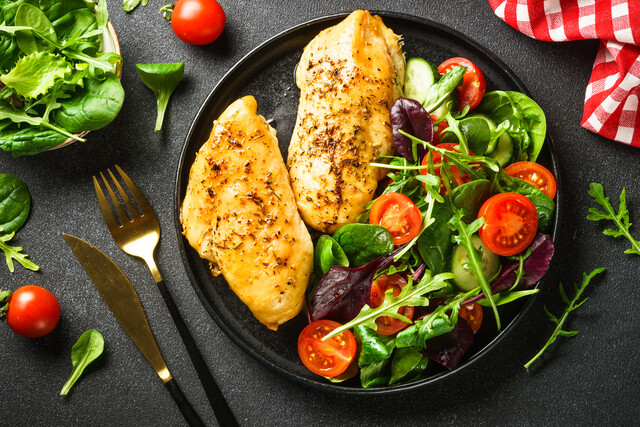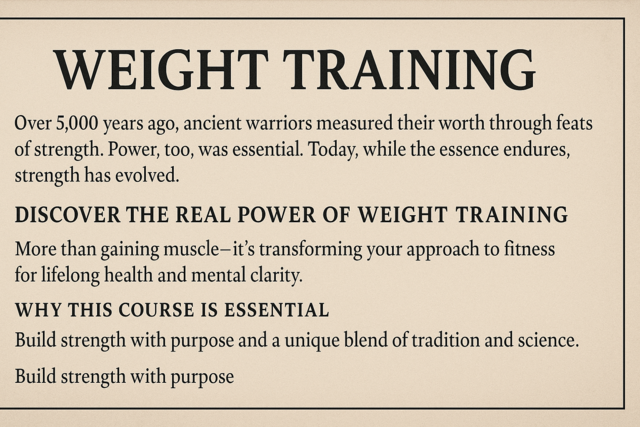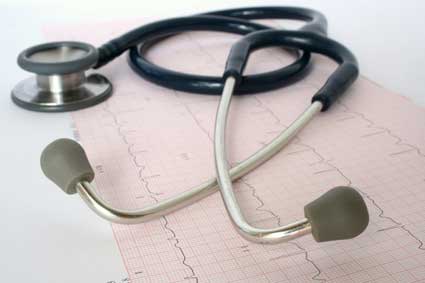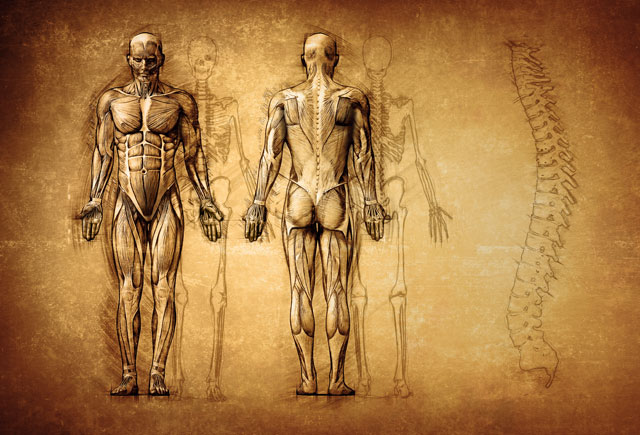This involves getting the nutrients you need, while avoiding eating habits that cause weight loss or weight gain that can pose health risks. Being excessively underweight or overweight can lead to a variety of health problems.
You will also determine what a healthy weight for you is. Perhaps you have already included your ideal weight in your nutrition and health goals. If you have, then give yourself a pat on the back. Nevertheless, it can be helpful to see if you've considered all aspects of what a healthy weight is for you, as an individual.
If you haven't added your ideal weight to your nutrition and health goals, you can always add them later. If you do not want to have a goal concerning weight, that's okay, too!
We will give you some helpful tips on how to lose or gain weight. We want you to achieve your ideal weight with healthy habits. Most of us are concerned about losing weight. However, we have included information regarding gaining weight as well, since being underweight can pose as much of a health risk as being overweight. Let's get started!
Section 2: Determining a Healthy Weight
1. Health Risks of Being Underweight or Overweight
Just think of all the health risks you could have if you don't get ample nutrients. You could become anemic, or your immune system might not be up to par. If you become malnourished, your body will suffer from deficiencies that can affect organs and other parts of the body. For example, if you don't get enough Vitamin A, your vision may suffer. Nutritional deficiency is probably more common than we think.
On the other hand, being overweight has been linked to diabetes, stroke, heart disease, sleep apnea, some cancers, and other health problems.
2. Determining a Healthy Weight
Some of us might need a little help deciding a healthy weight range. Maybe you come from a family of big eaters, or maybe you've spent too much time looking at unhealthy-looking models in magazines. (By the way � those models often don't look like that. The photos are often altered.)
A certain "weight" is pretty general. Muscle weighs more than fat, so an athlete might weigh more than someone else of the same height. Also, bones weigh more than fat. Someone who is big-boned is going to weigh more than someone of the same height with smaller bones. We are all different shapes and sizes. Some people of ideal weight might be "thicker" or "skinnier."
If you need help determining a healthy weight range, you can use a BMI calculator. The Centers for Disease Control and Prevention website has a BMI calculator at: http://www.cdc.gov/nccdphp/dnpa/bmi/adult_BMI/english_bmi_calculator/bmi_calculator.htm
Do not feel discouraged if the BMI calculator says you are in a certain range. The calculator is very general. For instance, it does not distinguish between men and women, athletes and more sedentary individuals, or big-boned and small-boned people. What the BMI calculator can do is give you a general idea of average weights with certain heights. If you feel the BMI calculator is a little off, don't worry about it.
If you decide you need to lose weight, the best thing to do is to adopt healthy eating and exercise habits. That way you will have habits you can keep, so that you can stay healthy and keep the weight off later on. Here are some more tips for losing weight:
*You will lose weight when the calories you take in are less than the calories you burn. Some people might find it helpful to write down in their journal the calories they eat.
*Eat smaller portions. Instead of using a big plate for dinner, try a smaller plate. Instead of eating a big snack, eat a small one.
*Eat a diet low in fat and calories.
*Exercise. Exercise really helps burn off calories. When you lose weight by exercising, you will look great when the weight is off, too.
*Eat at least three meals a day. This keeps your energy up and helps prevent overeating if you get too hungry.
*When you go grocery shopping, don't buy foods that don't go along with your weight loss goals. Resist the temptation to buy desserts, chips, soda, etc. If these foods are not in your home, then you are less likely to eat them.
*Keep your weight loss goal realistic. Most people can expect to lose about 1 � pounds a week.
*If you hit the scales, don't worry if you gain weight at first. Muscle weighs more than fat, so it might look like you're going backwards sometimes if you exercise, but actually you are improving.
*Eat slowly. Try to eat as slowly as possible and enjoy your food. That will help you from eating too much, since your body has plenty of time to tell you you're full.
*Drink plenty of water. Don't cheat and drink plenty of soda. Soda has lots of calories. Water doesn't have any calories, but keeps you full.
*Be sure to have little weight loss goals towards your big goal. When you meet these little goals, reward yourself! Do something fun or something that you love to do.
*If you go a little backwards on your weight loss, don't sweat it. This is common. Just get right back on track again.
Section 4: Gaining Weight
Although some of us wish we had to gain weight, rather than lose weight, gaining weight can be difficult for some people. Again, the best way to go about changing your weight is to keep healthy nutrition and exercise habits. That way when you are at your ideal weight, it will be easier to stay at that weight. Here are some tips for gaining weight:
*You will gain weight when your calories that you take in are more than the calories you burn off.
*You might need to eat bigger portions, or eat more often.
*Exercise. If you exercise while you gain weight, you will gain muscle instead of flab. That will keep you looking great when you have reached your ideal weight.
*Eat at least three meals a day. Some people find it helpful to add snacks to gain weight. Eating regular meals will help keep your energy up and add more calories to your diet.
*Be sure to keep nutritious, high-calorie foods you like on hand. If your favorite foods are easily accessible, you are more likely to eat them.
*Have little goals towards your big goal of gaining weight. When you reach these goals, reward yourself with something you enjoy!
Conclusion
In this lesson, we discussed maintaining a healthy weight. You learned some health problems that could occur if you are overweight or underweight. I gave you some real tips you can use to gain or lose weight, if you need to change your weight.
The main thing to remember about keeping a healthy weight is balance. Have a healthy balance between the calories you take in and the calories your burn off. Keep healthy nutrition and exercise habits. Treats are okay in small quantities, and in moderation.
When you include exercise in your regular health habits, you will really notice the difference. You will look healthy and feel great!
Remind yourself of your nutrition and health goals. Read them. Think of them before you go to sleep. This keeps your positive intentions in your subconscious, which helps you work on your goals. Give yourself a big pat on the back, as you fulfill your goals.
Exercise





























